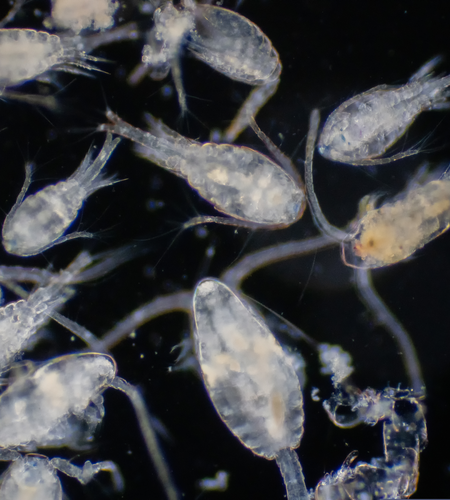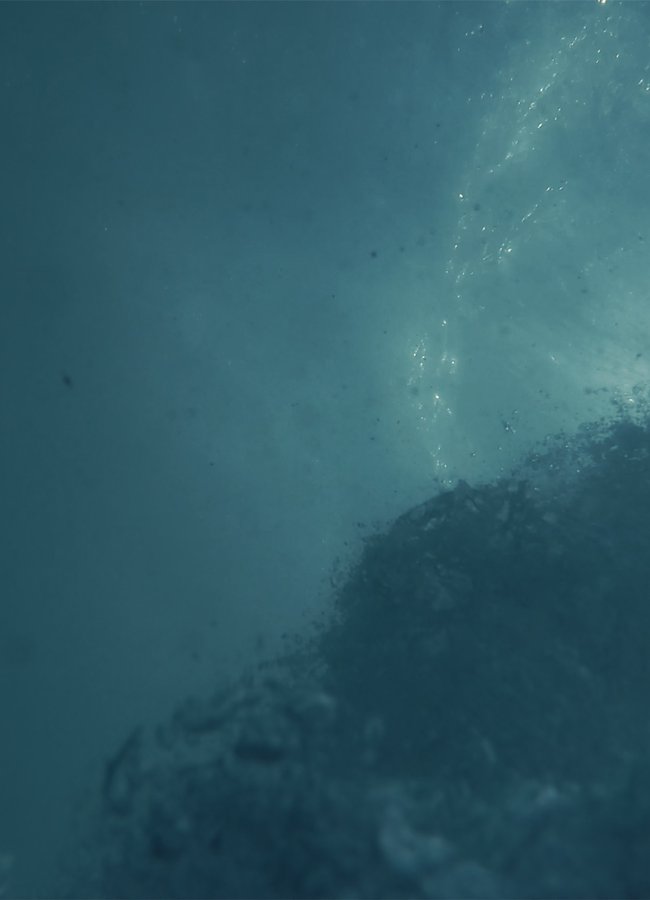Nuuk, Greenland
Two year position
The Greenland Climate Research Centre, at the Greenland Institute of Natural Resources, is seeking a postdoctoral researcher for a 2-year research position focusing on the functional role of zooplankton in the carbon cycle of Greenland’s marine environments. The position is part of the EU project Sea-Quester (Blue Carbon Production, Export, and Sequestration in Emerging Polar Ecosystems) and offers an opportunity to work in an international research environment dedicated to understanding the polar regions' role in climate regulation.
Background:
Zooplankton play a key role in Arctic marine food webs and in transporting carbon from the surface to deeper ocean layers. This project will utilize stationary acoustic instruments and net sampling to quantify variations in zooplankton occurrence and behavior over time.
Key responsibilities include:
- Analyzing acoustic and biological data to identify spatial and temporal patterns in zooplankton
- Investigating the links between zooplankton, primary production, and carbon transport
- Contributing to fieldwork and data processing in collaboration with national and international partners
- Publishing results in peer-reviewed journals and contributing to scientific dissemination
They are looking for a candidate with:
- A PhD or equivalent degree in a relevant field, such as biology, informatics, physics, applied mathematics, or statistics
- Strong skills in data analysis (R, Python or similar)
- Experience with statistical analysis
- A proven track record of scientific publication
Other desired factors are:
- Experience in acoustic methods
- Knowledge of plankton ecology
- Fieldwork experience, preferably on ocean-going research vessels
- The ability to work both independently and as part of a collaborative team
The successful candidate will be based in Nuuk, Greenland, with the opportunity to participate in fieldwork in Greenlandic waters and collaborate with Sea-Quester’s international partners.
Further information:
Applications close 2 June 2025.
For further information, please visit the webpage here.

